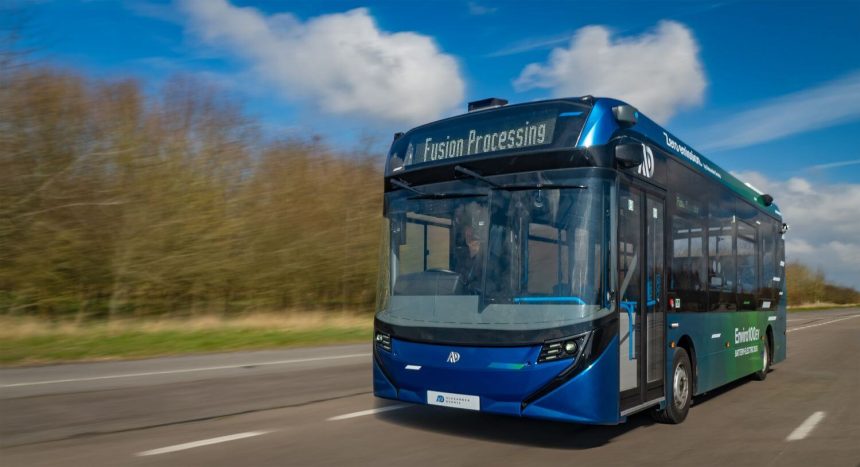Peter Bradley of London Tourist Coach Operators Association (LTCOA) discusses current issues affecting London operators with Mark Anderson of Anderson Travel
Anderson Travel, based in Tower Bridge Road just outside the City of London, has evolved under the guiding hand of Mark Anderson to become one of the leading coach operators in the London area. With a range of vehicles from an eight-seater people carrier to a 57-seat coach for larger groups, Mark can provide for a variety of needs and demands from his customers. However, this has not been without its challenges and, as he reflects on what the future may hold, there are plenty more on the horizon.
Firstly, I asked Mark about the forthcoming changes to the London Low Emission Zone due to be implemented from 1 March 2021. In one sense, Mark has no concerns about the changes, as his entire fleet has been upgraded to meet the Euro VI standards. “However,” he says, “my main worry is what comes next. I know that the current Mayor of London, Sadiq Khan, has an appetite for zero emission, but the timing on when this is likely to happen is crucial for both my own business and the many other coach operators that serve the needs of London.”
“at the moment we are being squeezed on all sides and that is not a comfortable place to be”
This neatly moves onto the subject of PSVAR, which is a more immediate challenge for the company: “30% of my business involves home-to-school transport provision,” says Mark, “but only four of my coaches are currently PSVAR compliant. The point is, if I invest in either replacing or retrofitting more of my vehicles to meet the standards, how much work will I get out of them before the emissions standard is raised again, or there is a need for zero-emission vehicles? No one will tell me. This, in my opinion, is a good example of a lack of joined up thinking between the Department for Transport and London.”
Mark is also frustrated by the mixed messages coming from government over the use of public transport. “Money has been provided for additional school buses for the autumn term, but the general message still appears to be to avoid public transport where possible. As a result, the roads in London are now more congested than ever during the peak period, massively increasing journey times. And to make it even more challenging, large chunks of the carriageway have been coned off to increase pavement width or to create additional cycle lanes.”
Finally, Mark is concerned about the confusion that exists as to whether the coach industry is considered part of the leisure industry or not. “The government won’t commit one way or the other. As a result, in some areas of the country individual companies have received support, but the majority have not. Ultimately this, and the other concerns raised, could lead to the loss of many coach companies over the next few months.
“I believe that the coach industry continues to have much to offer society and I am proud to be a part of it. However, it does feel at the moment we are being squeezed on all sides and that is not a comfortable place to be.”


























